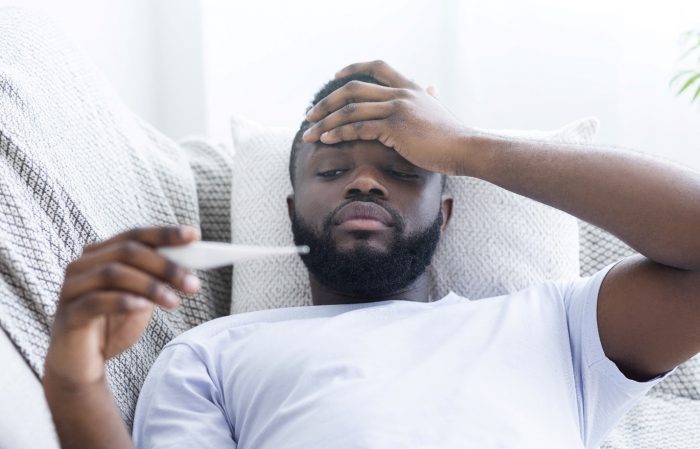How Sleep Deprivation Affects the Immune System
December 13, 2020
Cold and flu season is here. To make matters worse, we are still in the middle of a pandemic. During times like these, it is only logical to think about ways in which you can boost your immune system. Many people use vitamin C supplements and regular exercise to do that — but did you know that the quality of your sleep also plays a huge role in how well your immune system functions? Let’s talk about how sleep apnea in Vero Beach and other sleep problems can make it more difficult for your body to fight off contagions.
What Happens When You Don’t Sleep Enough
While you are asleep, your body produces proteins that play a key role in combatting infections and inflammation. Sleeping well helps to ensure that this process isn’t disrupted and reduces your risk of catching an illness.
Not getting enough sleep, on the other hand, makes you more vulnerable to sickness and can prolong your recovery from illnesses. Eleven pairs of identical twins participated in a 2017 study that set out to analyze how sleep affects immune response. Unsurprisingly, the sleep-deprived twins had a lower immune response and more inflammation than the twins who got a sufficient amount of sleep.
How Much Sleep Is Enough?
Most adults need about 7 – 9 hours of sleep each night. However, while quantity of sleep is important, quality of sleep is also key. When the human body is fighting off an infection, it spends more time in the third stage of sleep, which is also known as deep sleep. Most bodily processes slow down during this time, freeing up more energy for your immune system. Unfortunately, individuals with sleep apnea spend less time in deep sleep than individuals without a sleep disorder. That can further undermine their body’s ability to ward off infections.
Improving the Quality and Quantity of Your Sleep
Here are some tips to help you improve the quality and quantity of your sleep:
- Seek treatment if necessary. If you snore a lot or experience other symptoms of sleep apnea, professional treatment may be the key to improving the quality of your sleep.
- Limit alcohol and caffeine. Both of these substances can interfere with your sleep cycle.
- Sleep in a dark, comfortable, and slightly cool room. This type of environment promotes relaxation and high-quality sleep.
- Wind down before bedtime. Using the last hour or two before bedtime to relax, rather than work or participate in other activities that take a lot of effort, can make it easier for you to fall asleep.
A healthy immune system depends on the quality and quantity of your sleep! Making adjustments to your routine with the goal of getting better rest could help you ward off sickness.
Meet the Author
Dr. Kenneth Mogell is a dentist with more than 30 years of experience in his field. He has a deep interest in dental sleep medicine and has helped countless patients find relief from sleep apnea via oral appliance therapy. If you would like to talk to him about how you can get better rest, contact our Vero Beach office at 772-882-6800.
